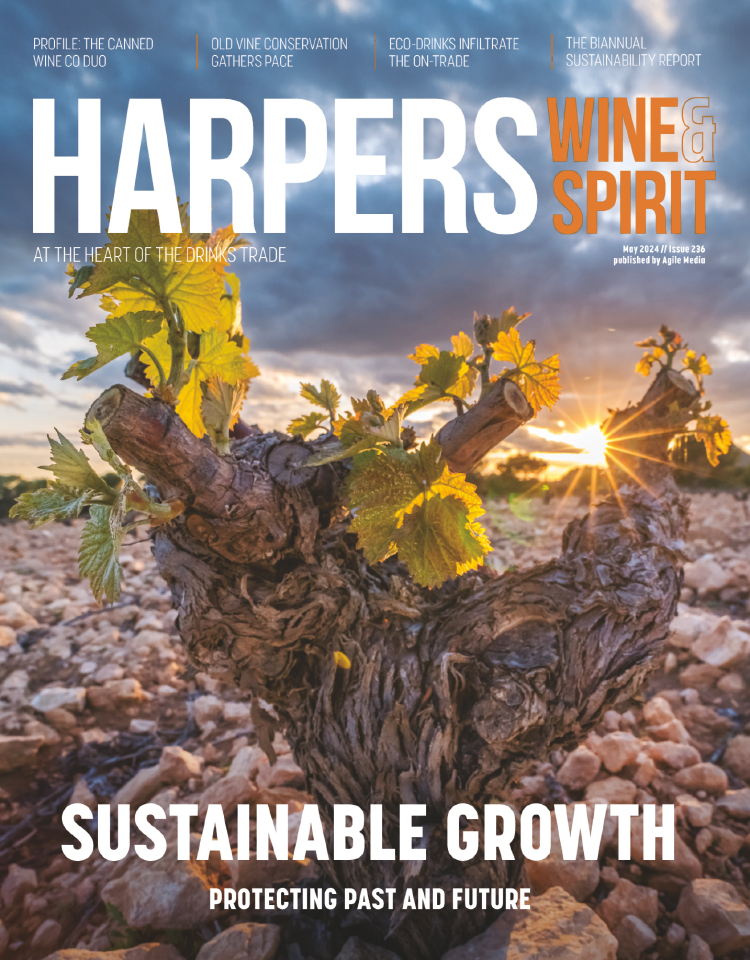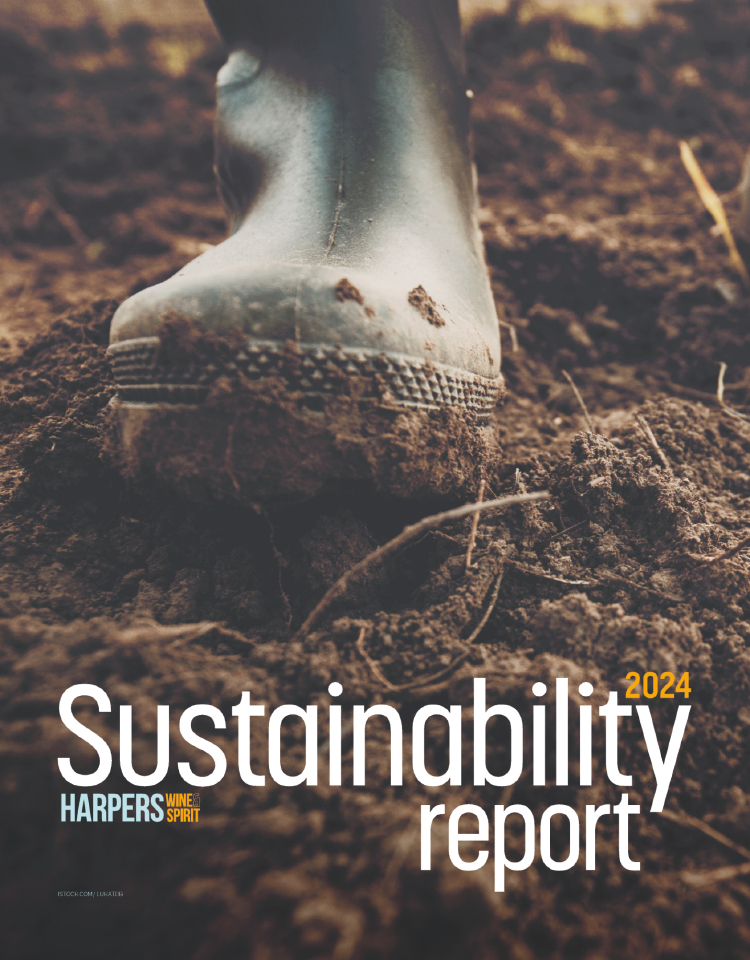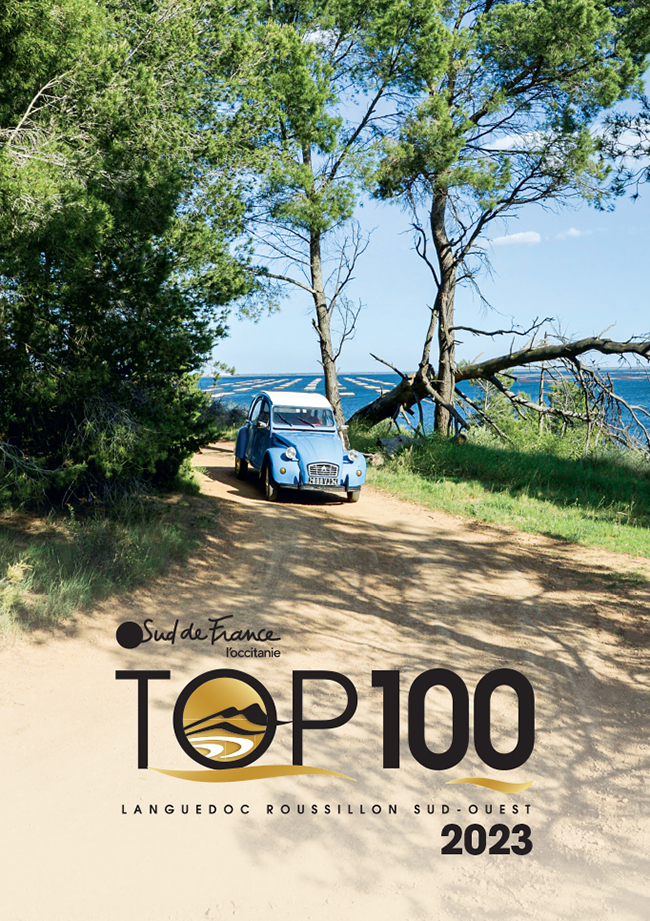
Over the line on duty
So, the deadline has come and gone – and despite an avalanche of criticism, including a letter sent by Hennings Wine owner Matt Hennings to his local MP in June, begging the government to wake up and smell the bonfire, the trade is now facing increases to the tune of 20% or 44p per 75cl bottle.
The 1 August hikes have been variously called “swingeing”, “maddening” and “catastrophic”. Hennings’ letter points out that, despite having the aim of improving things for pubs – a key feature of the Draught Relief – the duty changes will have a “fuelling impact on inflation”, which will only price consumers out of the market and force operators out of business.
“He clearly has no idea how much wine pubs sell and how damaging this will be. It will probably add 10% to a bottle of house wine,” Hennings told Harpers.
• Read More: Duty changes emphasise the law of increasing returns
Yet, as Bordeaux expert and commentator Gavin Quinney puts it, this is far from “an exhaustive list” on how damaging the increases and the summer timing are for the trade.
The changes emphasise the law of increasing returns: more so than ever before, the more spent on a bottle, the more bang for buck a consumer gets on the wine itself (see graphic).

Now, says Andrea Pozzi, MD of C&C GB, “it’s up to us as the drinks industry to show consumers that buying a slightly more expensive bottle of wine unlocks more quality and value”.
Quinney offers the countering view: “I’m not convinced they will though, or can even afford to. The race to the bottom will be even more keenly fought. I feel like shouting ‘hey, don’t blame the wine’.”
Recently, HMRC proudly boasted on Twitter that “the Brexit Pubs Guarantee starts today”. Yet, wine is conveniently forgotten about. While the BBC and other major outlets parrot the line on ‘Brexit benefit’, many in the trade continue to state that the new system is neither fairer nor simpler. “It will do untold damage to the wine and restaurant industry,” says Tim Atkin MW, while asking the national press to “report the truth, not the spin”.
Yet again, it is those who can least afford it who will be hit the hardest by the hikes. For those mostly shopping in the £10-and-under bracket, where the majority of sales take place, it seems logical that suppliers and retailers will look to reduce the alcohol level in many of their products. As Quinney says, “11% abv is the new black”.
But what happens when that lower abv comes at the expense of quality? A natural 0.5% or 1% abv buffer often adds vital texture to whites and rosés, for example. But hey, says Quinney, tongue firmly in cheek, “needs must, to get the wine to sell for under a tenner or £30 in a restaurant”.
“At a time when consumer spending is under massive pressure, to bring in the largest hike in duty in 50 years is totally irresponsible and it will hit our industry hard,” adds Hennings. “Tying up even more cashflow when trying to replace stock and hoping that customers will still buy their favourite wines is highly damaging.”
Since sending his letter, Hennings has received a “hasty” reply from his MP, confirming the government’s changes were based on a thorough consultation with the UK trade, though Hennings remains sceptical about who exactly was consulted – or whether it happened at all. Miles Beale, CEO of the WSTA, has confirmed the body was not involved.
“No wonder they don’t understand the implications,” he said.
One wonders where the trade is supposed to go from here. The changes, at their most basic, will make most wine more expensive and all of it much more complex to administer – particularly when the temporary easement for the majority of wine products, to be taxed as if they were 12.5% abv between 11.5% and 14.5% until January 2025, expires.
The hope remains that the changes will prove so detrimental to business that no further complexity will be administered. Though it is the slimmest of silver linings.







